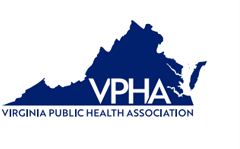Abstract
Purpose: Evidence shows that low-income populations often have poor health-related quality of life. Health disparities are even worse among minority populations. This study aims to increase understanding about socioeconomic determinants of health among Hispanics in Central Virginia to enable appropriate culturally-sensitive interventions by relevant stakeholders.
Methods: Using a self-administered questionnaire, a cross-sectional survey of 100 participants from the Hispanic community in Central Virginia was done in April 2016. Research hypotheses were that socioeconomic status is a major determinant of access to healthcare, and that barriers to healthcare services influence preventive health behaviors in this population.
Results/Findings: Chronic health conditions were the most commonly reported health problems. Among those who accessed preventative healthcare, a long waiting list and racial discrimination were problems most commonly encountered at health facilities. With almost two-thirds (64.2%) earning household income ≤$30,000, the cost of healthcare and lack of medical insurance were the major barriers to seeking healthcare. Household income was also a significant determinant of the type of health care facility accessed and other problems encountered.
Recommended Citation
Attin, Oswald; Ogunleye, Olushola; Omoruyi, Leslie; Richburg, Dominique; and Schaeffer, Bethany
(2018)
"Socioeconomic Status and Barriers Influencing Healthcare Access among Hispanics in Central Virginia,"
Virginia Journal of Public Health: Vol. 2:
Iss.
1, Article 5.
Available at:
https://commons.lib.jmu.edu/vjph/vol2/iss1/5

